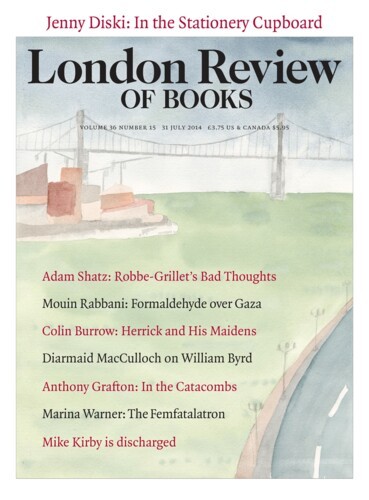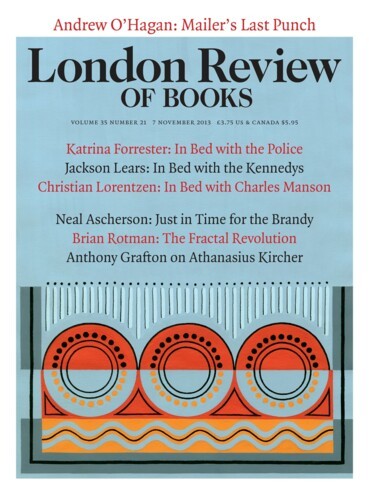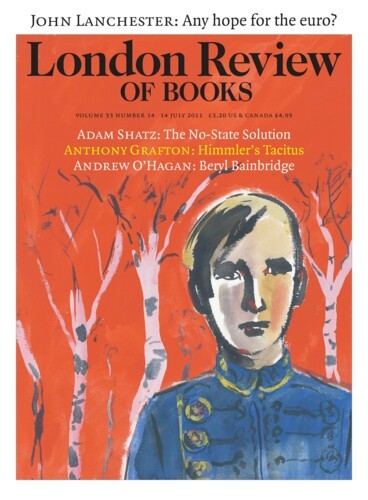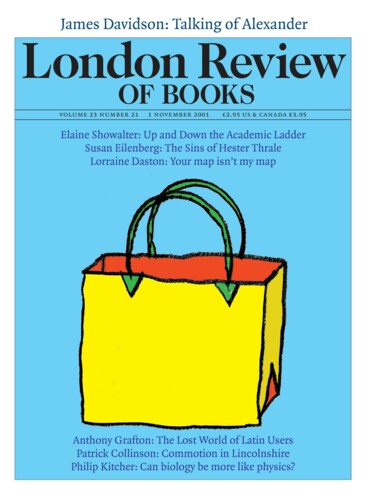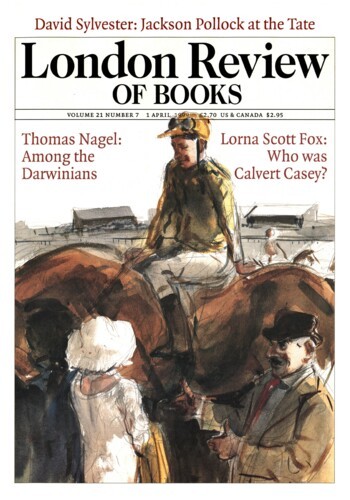Time Lords: In the Catacombs
Anthony Grafton, 31 July 2014
On 31 May 1578, vineyard workers on the Via Salaria in Rome found a tunnel which led them to an early Christian burial site. They had opened the catacombs: the vast network of passages cut through the volcanic tuff outside Rome in which thousands of Christians, as well as Jews and pagans, were buried. The vineyard workers were not the first to spelunk in these artificial caves. In the...
